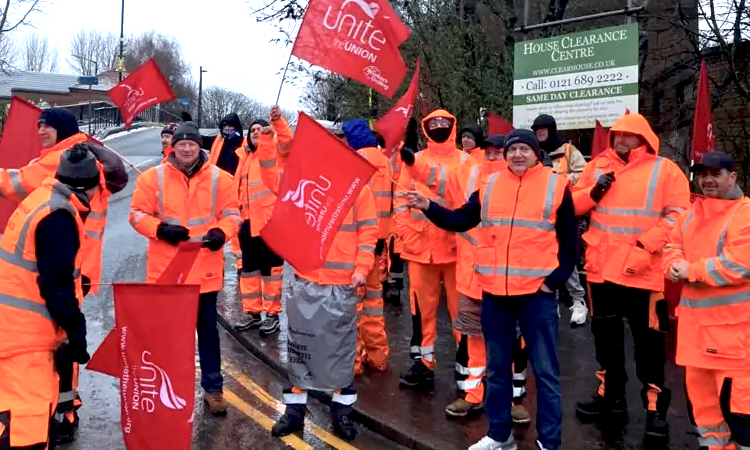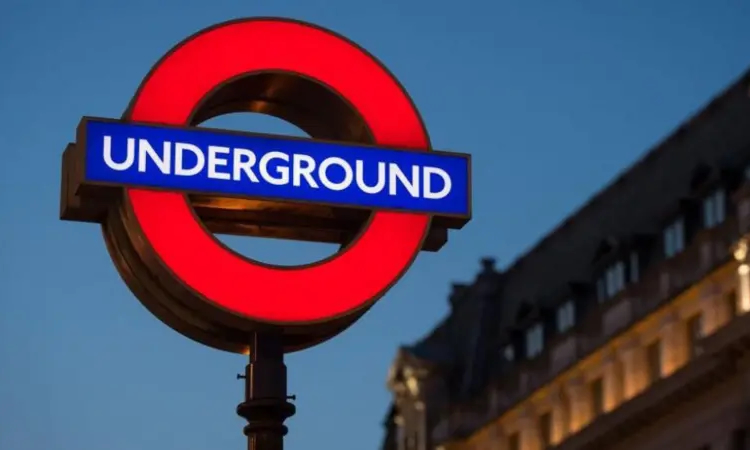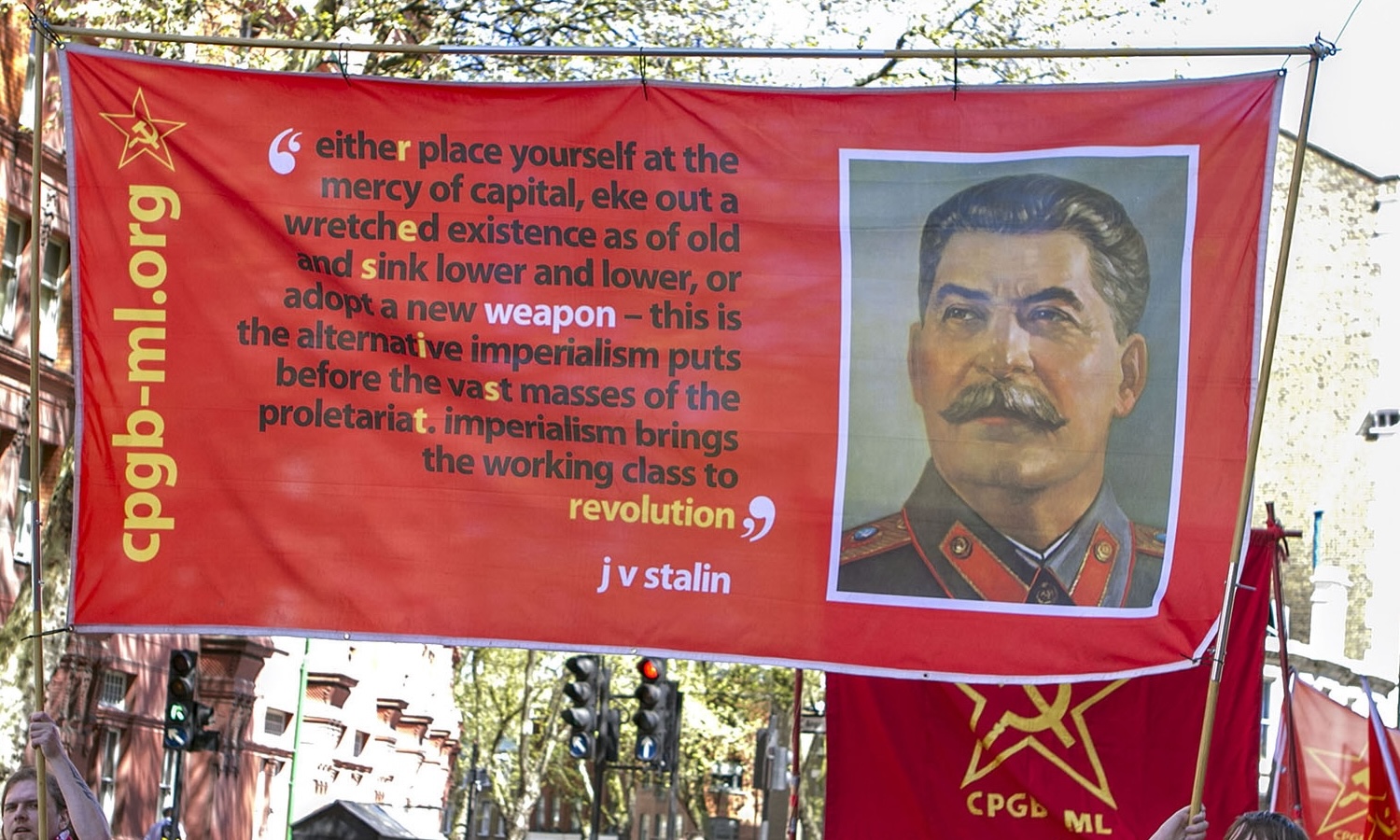If there is one area where the British ruling class is still innovative, it is in creating ways to repress and divide the working class. Our rulers may have long since given up innovating in the fields of science and technology, China may have surpassed them in creating new means of production, and the Russians have surpassed them in military prowess, but when it comes to creating complicated and repressive anti-worker legislation, the British ruling class truly have no equal.
The latest piece of what is now several libraries’ worth of legislation restricting the right to strike is the Minimum Service Levels Act. What this law seeks to do is to establish a legally enforceable level of staffing that the workforce has to provide in the event of a strike – the level to be decided upon by the employers, and any worker who refuses to abide by this state-enforced strikebreaking will face disciplinary action and dismissal.
The British working class has had successive waves of anti-union legislation heaped upon it for over 40 years now, from the Employment Act of 1982 through the consolidation of various anti-union laws into one large legal framework via the Trade Union and Labour Relations (Consolidated) Act of 1992. This latter pulled together a series of restrictions on how strikes were to be conducted, solidarity action was effectively outlawed and everything possible was done to make strike actions as useless and ineffective as possible.
Between 1967 and 1986, the ruling class in Britain had received numerous nasty scares from the working class, who had fought back in militant struggles against the governments of Harold Wilson, Edward Heath, James Callaghan and Margaret Thatcher. In response, and as the reappearance of capitalist crisis compelled a driving down of pay, conditions and social service provision, the state constructed a complicated set of legal barriers to ensure that any grassroots militancy was punishable by the courts, and they took care to make the unions legally liable for any such action as well.
In recent years, we have seen the introduction of new ballot thresholds, raising the bar for what is considered to be a legal strike ballot to levels that would rule a lot of by-elections and local council elections null and void if applied across the electoral system.
The legal regime that is imposed on workers has (from time to time) been denounced by the leaders of the Trades Union Congress (TUC) but, in reality, its leaders have been willing to act as co-managers of the system, alongside the government and other state institutions.
Britain’s trade union leaders and their attendant bureaucracies long ago embraced this role, playing their essential part in making sure that no dispute ever gets ‘out of hand’. When a strike threatens to take a more combative turn, TUC leaders are quick to engage in a calculated sell-out in order to defuse the situation and demoralise workers whose sense of class-consciousness was starting to advance.
Thus we see that it is not just the ruling class and the government who are working hard to keep the working class from recognising the potential of their collective power; the majority of union leaders are equally invested in keeping workers as divided and demoralised as possible. Only this explains the consistent actions of TUC and trade union leaderships, not only over the last 40 years but over the last century.
The strikes that have recently taken place on the railways, in the NHS and in schools have stirred up hopes amongst workers that a meaningful fightback might be on the cards. The ruling class also recognised this possibility, and this is why the latest laws to restrict strike action are being introduced.
These are clearly a direct response to the strikes on the railways and the NHS in particular, and target other areas of work the government deems important to social cohesion including health, education, the fire service, transport, border security and nuclear decommissioning. As the TUC itself has pointed out, this restricts the right to strike for one in five workers in Britain.
Shameful tokenism
Given that this is the worst assault on the right to strike in at least 30 years, one might expect that Britain’s trade union leaders would be treating the matter with the utmost urgency. Bearing in mind their real role as co-managers of the system of repression against effective working-class organisation, however, we can understand why their response to this latest attack on workers’ rights is strangely muted.
The TUC bigwigs know that they have to be seen to be ‘doing something’, but they do not want to instigate a strong campaign that actually rallies workers in a meaningful way. What they want is to run a ‘campaign’ that does not offend the sensibilities of the British ruling class too much and also one that is entirely acceptable to the leadership of the Labour party.
This is why they have taken as their inspiration the campaign against the banning of trade unions from GCHQ (the British government’s chief domestic spy station) that lasted from 1984 to 1997. This particular choice of inspiration for the TUC’s campaign is quite deliberate: it was a campaign that never involved strike action and ended only with the election of Tony Blair’s Labour government in 1997, which reversed the ban.
The message? Vote Labour to protect your rights, of course.
If Keir Starmer himself had come up with a campaign, he couldn’t have designed it better to suit his purposes. The only action in support of their campaign that the great heroes of the TUC’s general council have come up with so far is a march and rally in Cheltenham, to be held on 27 January.
Given that this is the most extreme attack on workers’ rights that has taken place in 30 years, affecting a vast number of people, why has the TUC opted to construct a campaign that very few workers will even notice?
The answer, as is often the case, lies in the intimate relationship between the trade union leaders and the Labour party. Sir Keir has made commitments to reversing this legislation and the TUC hierarchy are clearly promoting the hope that if he gets into office he will actually honour this promise and no further action will be required by the trade union movement.
Not only is this very foolish given the number of promises that Starmer has already abandoned under ruling-class pressure, but in creating such a low-profile campaign the trade union leaders are once again demonstrating their true role as managers of the working class on behalf of British monopoly capital.
What would a meaningful campaign look like?
If the TUC’s leaders were actually serious about challenging this latest attack, they would be organising public meetings every major town and city in the country. Given their vast resources and their access to facilities, getting rooms booked and advertising the events wouldn’t be a challenge. Nor would it be difficult for the TUC to communicate the importance and urgency of the situation to the wider working class.
The unions should be instructing every workplace rep to prepare as many face-to-face to briefings on this issue as possible. Mobilisations in defence of union rights should be being built by every union branch and trades council up and down the country. If done properly, the unions could tap into the deep hatred that is now felt by large numbers of workers for the entire political establishment and ruling class.
Mass demonstrations and walk-outs could be organised in every town and city to begin to mobilise working-class anger against this legislation and against the government proposing it.
But none of this happening because the likes of TUC general secretary Paul Nowak, Unite the Union general secretary Sharon Graham and even the leftist favourite RMT general secretary Mick Lynch are not interested in mobilising the working class or raising British workers’ level of class-consciousness. They are only interested in persuading workers to vote for the wretched and treacherous Labour party.
Yet again we face a situation where the path to effective struggle is being blocked by the trade union leaders and Labour party just as much as it is blocked by the Tories and the ruling class. Until our class can break free of the stranglehold the Labour party has had over our organisations for the last century, we can expect to see every struggle we try to wage being destroyed by the traitors and scabs who call themselves our ‘leaders’.














